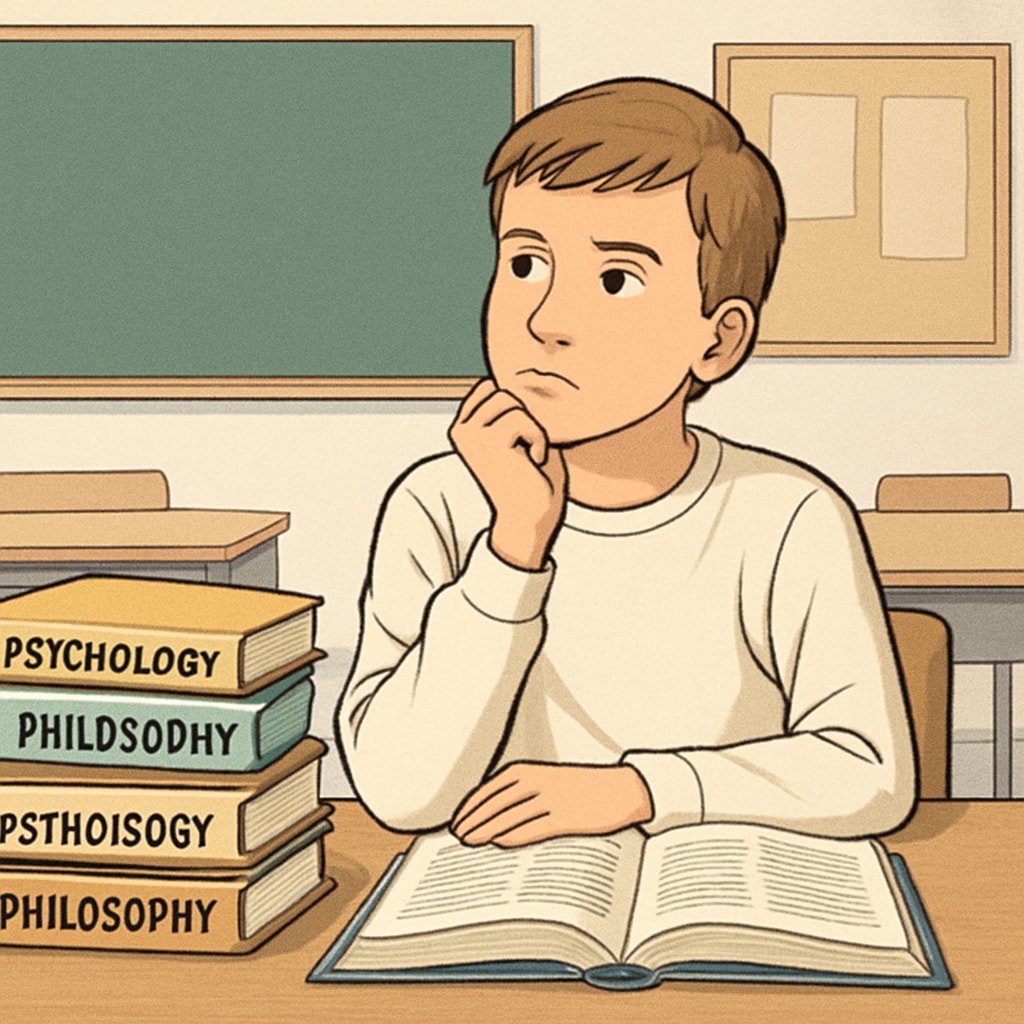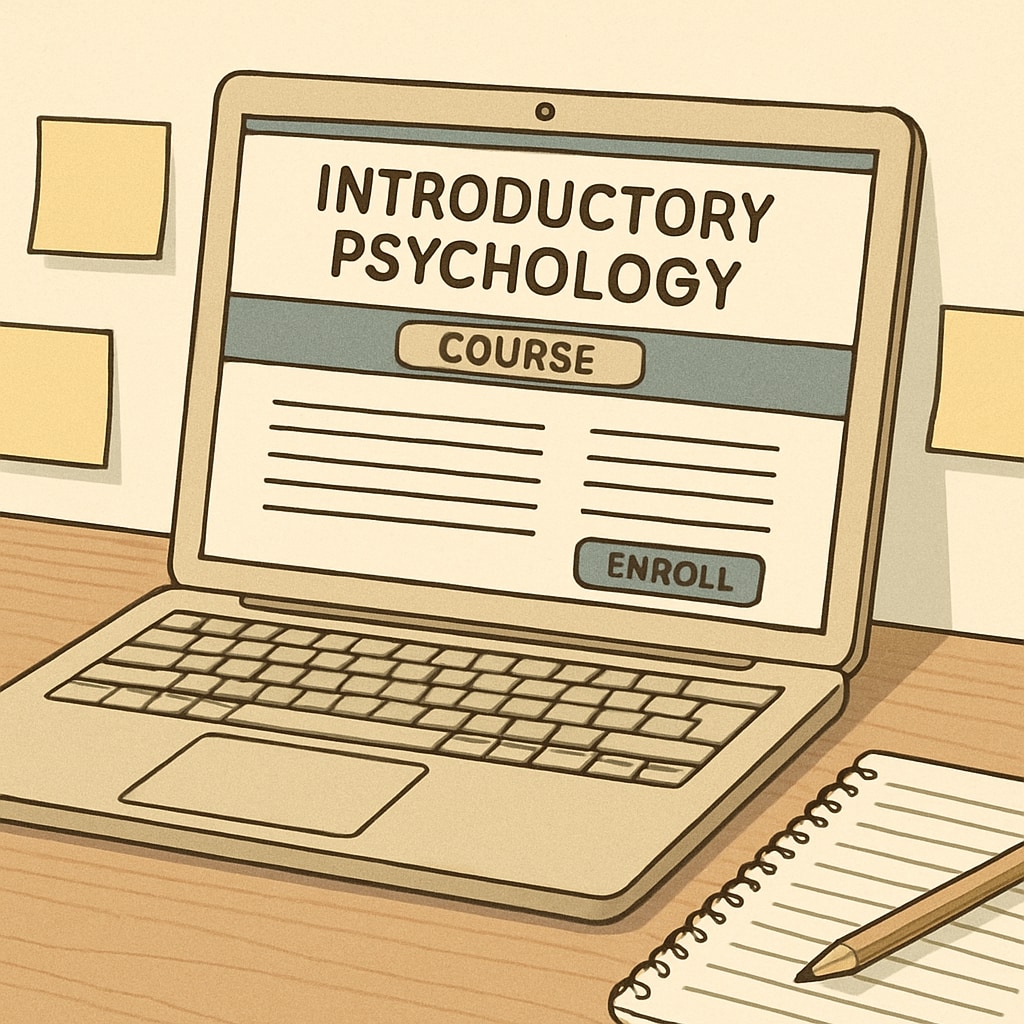Exploring psychology, philosophy, and self-learning resources can be an enriching journey for K12 students. These disciplines help young minds better understand themselves, the world around them, and the broader spectrum of human thought and emotion. By integrating critical thinking and emotional intelligence into their learning, students can embark on a transformative intellectual adventure.
Why Start with Psychology and Philosophy?
Psychology (the study of the mind and behavior) and philosophy (the study of fundamental questions about existence, knowledge, and ethics) provide invaluable insights into human nature. For K12 students, these fields nurture curiosity, self-awareness, and analytical skills, which are vital for academic success and personal growth. Furthermore, these subjects complement traditional education by introducing abstract thinking and problem-solving approaches.
Both psychology and philosophy can seem daunting at first due to their breadth. However, with the right resources and guidance, students can approach these topics step by step, building a solid foundation for deeper exploration.

How to Begin Your Self-Learning Journey
Starting your self-learning journey in psychology and philosophy does not require prior expertise. Here are some practical tips:
- Identify your interests: Do you want to learn about human behavior or explore abstract philosophical ideas? Narrowing your focus can help you choose the right resources.
- Start small: Begin with introductory materials such as beginner-friendly books, podcasts, or online courses.
- Set realistic goals: Dedicate 15–30 minutes daily to reading or watching content on these subjects.
- Engage actively: Keep a journal to jot down questions, reflections, and ideas as you learn.
When developing your learning routine, consider blending multimedia resources to maintain variety and interest.
Recommended Resources for Beginners
There is no shortage of self-learning resources for psychology and philosophy. Below are some highly recommended options:
- Books: Start with accessible titles such as Psychology: The Science of Mind and Behavior by Michael Passer, and The Philosophy Book by DK.
- Podcasts: Listen to shows like The Psychology Podcast and Philosophy Bites for engaging insights.
- Online courses: Platforms like Coursera and Khan Academy offer free introductory courses on psychology and philosophy.
- Interactive tools: Use apps like Lumosity (for cognitive training) or Thinkr (for philosophical ideas).
These resources are tailored for beginners and provide a diverse range of learning formats, making them ideal for K12 students.

Benefits of Self-Learning Psychology and Philosophy
Self-learning psychology and philosophy offer numerous benefits, especially for young learners:
- Critical thinking: These fields encourage analyzing situations from multiple perspectives.
- Emotional intelligence: Understanding psychological concepts helps improve interpersonal relationships and self-awareness.
- Problem-solving: Philosophy teaches logical reasoning, which is invaluable in academic and personal contexts.
- Broader worldview: Exploring philosophical ideas fosters open-mindedness and empathy.
As a result, students can achieve a balanced approach to learning, combining intellectual rigor with emotional growth.
Conclusion: A Pathway to Lifelong Learning
Psychology and philosophy are not merely academic disciplines; they are tools for personal evolution. By engaging with self-learning resources, K12 students can cultivate skills that go beyond the classroom, preparing them for the challenges of adulthood. Whether you’re interested in understanding the complexities of human behavior or pondering life’s big questions, these fields promise an enriching journey into the mind and thought.
Start small, stay curious, and enjoy the process of learning. Remember, the journey of self-discovery is just as important as the destination.


